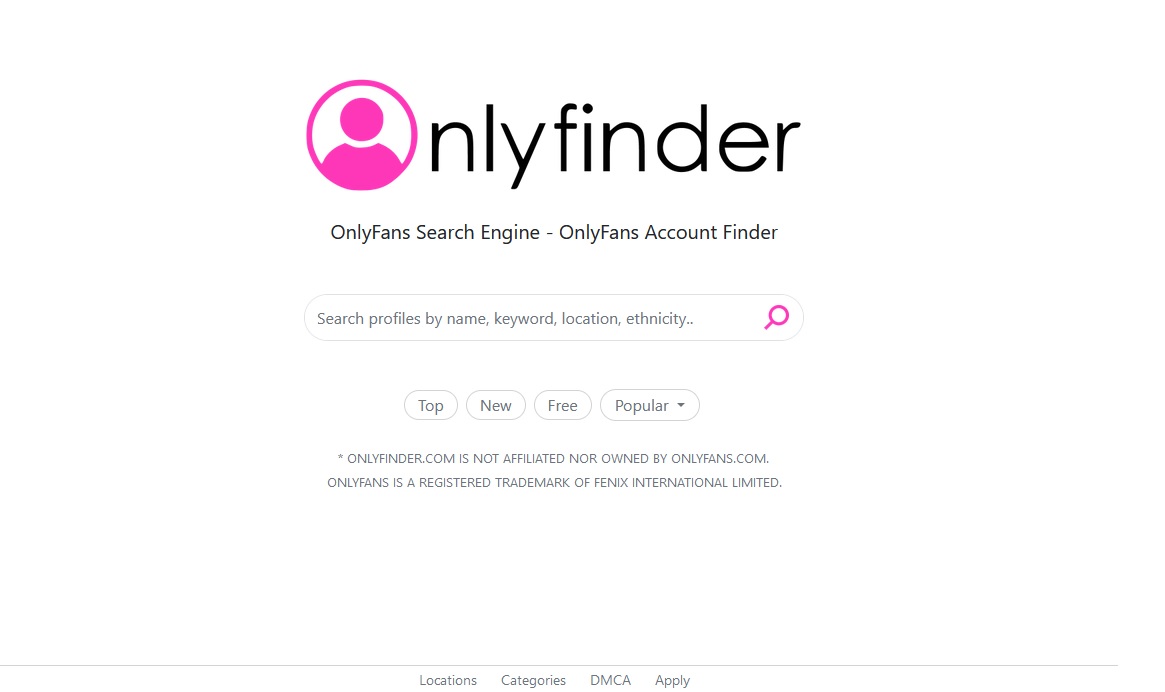The world of IT is changing.
In the past, companies relied on having in-house experts that could cater to their every tech need. Now though, it’s increasingly uncommon to find a small to medium size enterprise with its own IT team.
Why?
Well, it’s all about money. While IT is the backbone of most businesses – it’s rarely the core business focus. As a result, companies generally prefer to pay less for it – which gives an opening for managed service providers.
Managed service providers – or MSPs – are, effectively, an outsourced IT department – but without needing to be recruited, trained, managed, and so on. The good news is, the market is awash with options – in fact, there will probably be managed service providers in your city. The trouble is, not all MSPs will suit your business.
So, how do you find a good one?
We’ve prepared a handful of questions that you can pose to any prospective MSP – to help you find a provider that’ll suit you needs now – and going forward.
Have you worked with businesses like ours?
You wouldn’t employ an IT professional who had no idea about your business or industry – so it doesn’t make sense to work with a managed service provider who isn’t going to be able to hit the ground running.
Now, it’s important to remember that IT shares plenty of similarities from company to company – so in truth, it’s not essential to work with a provider that’s got industry experience, but you should look for a company that has at least worked with companies of a similar size to your own.
It’s a good idea to talk to those companies too. Networking tools like LinkedIn make it fairly easy to track down people who will have worked with a particular managed service provider – and these people will be able to cut through a provider’s sales pitch and give you the reality of having them as part of your business.
Can you grow with our business?
Growth should be on every company’s to-do list. Okay, it might not be something that you’re planning to act upon this year – or even next year, but most startups need to know they’ve got a model that’ll work when you decide to press the accelerator and hit the market hard.
Part of that model is your IT provision – so, it’s important to ask any MSP whether or not they can grow with you when the time comes.
The thing is, an IT provider isn’t like any other contractor you might have for your business. Your IT systems and ways of working will grow with your business – and it would hinder growth enormously if you needed to find a new provider and get them up to speed with your ways of working before you could pick up a big contract or scale to take on a new client.
Some MSPs will be able to grow with you – even if that growth comes quickly. Other won’t. It’s important to find someone that can accommodate your plans, after all, every billion-dollar company started small.
Do you provide proactive support?
Proactive support is a must if you want to keep your business on track at all times.
To understand why, you need to get your head around how much downtime can cost a business. For enterprise businesses, you can expect downtime to cost around $100,000 for every lost hour.
Sounds unrealistic for your company?
Sure, maybe it is. So, let’s talk more realistically for a startup. Could downtime cost you $1,000 a day when you factor in lost staffing time, lost opportunities, overheads, and so forth?
This is probably a gross underestimation – but even at $1,000 a day, how long could your business haemorrhage that kind of money before you had to start finding finance elsewhere or losing staff? The answer is generally “not very long” – which is why you need a service provider who’ll recognise red flags and do everything possible to keep your business moving before your systems hit the rocks.
Talk to your MSP about how they’d make sure this is the case. Get real examples of how they’ve kept a business operating when taking their eyes of the ball would have resulted in a catastrophe.
What would a service level agreement look like?
When you work alongside an MSP, your relationship will be dictated by a service level agreement – or SLA. This is a kind of contract that details what kind of service you’ll receive in exchange for your monthly payment.
In some cases, MSPs offer different packages depending on how much you’re willing to spend. While this is sometimes useful if it fits your needs perfectly – it’s sometimes better to talk to a provider and outline exactly what you’ll need, rather than a one-size-fits-all package.
Your service level agreement should outline what kind of support you can expect – including whether or not you’ll get round-the-clock system monitoring, any support desk provision, and any monthly support in growing your network. For instance, you might find that your package includes maintenance of existing systems – but if you decided to add to your infrastructure – perhaps adding an SD WAN system, then you’d be facing additional costs
It’s important that these details are mapped out carefully before you put pen to paper – it’s difficult to argue that you need something more when your relationship’s defined and your price is agreed.
Do you have adequate insurance?
Hopefully, you’ll never need to talk to an MSP about their insurance and making a claim against it – but if you don’t understand the insurance they hold in the first instance, you might find that there’s no safety net should you need one.
Talk to a potential service provider about the cover they have and whether or not it would cover you should you experience any losses as a result of your relationship.
Of course, it’s not just physical systems going down that could impact your ability to trade. For many companies, the data they hold is worth an incredible amount – and losses can seriously damage day-to-day business and the company’s reputation. Making sure you’re covered could be the difference between keeping your doors open – or facing legal action relating to data protection slip-ups.








Add Comment